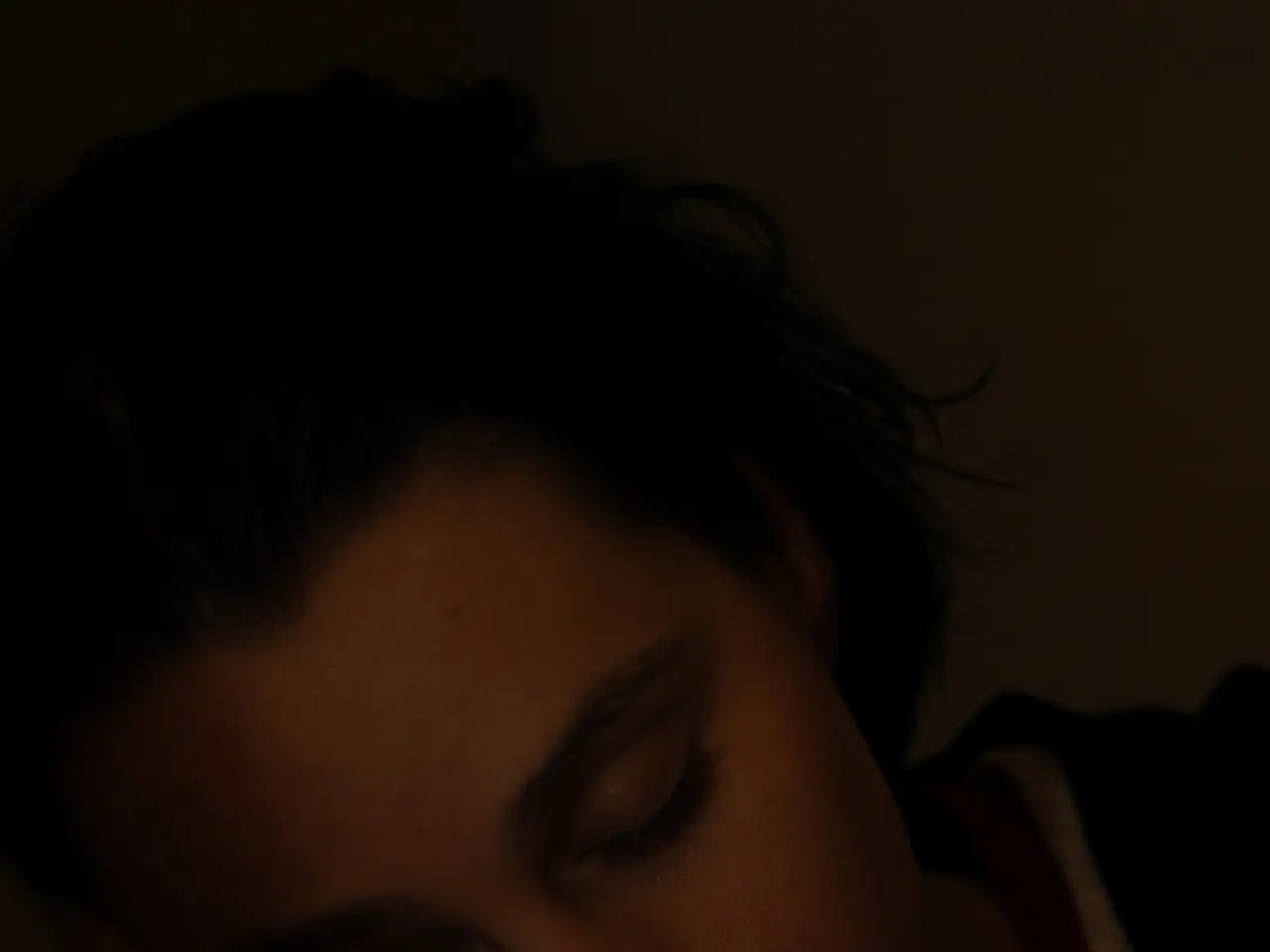Evening caffeine intake may increase risky activities, suggests UTEP research
In a groundbreaking study, researchers at the University of Texas at El Paso (UTEP) have revealed that consuming caffeine during the body's natural rest cycle could lead to increased impulsive behaviour, particularly in females. This finding challenges a deeply rooted cultural habit of nighttime caffeine consumption.
The study, published in the journal Science, raises concerns about whether existing caffeine safety limits consider biological rhythms. It found that nighttime caffeine consumption can disrupt natural behavioural checks beyond just interfering with sleep.
The research, funded by institutes like the National Institutes of Health and Centers for Disease Control and Prevention, focuses on sleep hygiene and substance timing. Many policies and corporate wellness programs still fail to address caffeine timing, focusing only on total quantity.
The cup of coffee you drink tonight might affect more than just your sleep; it could shape your behaviour in ways you never intended. The study found that the behavioural effects of nighttime caffeine consumption might be gender-specific, with female flies being more vulnerable.
Nighttime caffeine intake escalates impulsive behaviour through a dopamine-dependent mechanism influenced by the circadian system. Mechanistically, the impulsivity is mediated by dopamine signalling, specifically through the dopamine D1 receptor in brain regions analogous to the mammalian prefrontal cortex.
For night-shift workers, healthcare staff, and military personnel, who commonly consume caffeine overnight to remain alert, these findings raise concerns about impaired decision-making and increased impulsivity despite maintained wakefulness. The effect was absent during daytime caffeine intake, underscoring the unique risks of nighttime caffeine consumption.
Females exhibit greater caffeine-induced impulsivity than males, despite similar or even lower caffeine body levels compared to males. This suggests inherent sex-specific physiological or genetic susceptibilities independent of hormonal effects like estrogen. Future research will explore genetic and hormonal factors that might explain why females respond more negatively to nighttime caffeine consumption than males.
The impact of caffeine on the brain's natural inhibition mechanisms can be dangerous in high-risk professions such as emergency medicine, military operations, or transport logistics. Those exposed to caffeine at night responded abnormally to intense stimuli, exhibiting reduced self-control.
The FDA recommends limiting total caffeine intake to 400 mg per day for healthy adults and avoiding caffeine six hours before bedtime. However, the UTEP study's findings carry serious implications for professionals working graveyard shifts and students burning the midnight oil, as relying on caffeine during the body's natural rest period could degrade the brain's control mechanisms.
Several European countries are already piloting programs to replace nighttime caffeine with natural circadian alignment strategies. For women especially, the data suggests a neurological sensitivity that can no longer be ignored. The dual effect of caffeine at night - disruption of rest and increased impulsivity - could create a feedback loop of poor decision-making and chronic fatigue.
References:
[1] UTEP News Service. (2021, March 16). Caffeine consumption during sleep cycle increases impulsive behavior in fruit flies. UTEP News Service. https://www.utep.edu/news/2021/03/16/caffeine-consumption-during-sleep-cycle-increases-impulsive-behavior-in-fruit-flies
[2] Scholz, J., et al. (2021). Circadian regulation of caffeine sensitivity in Drosophila melanogaster. Science. https://doi.org/10.1126/science.abg1216
[3] Scholz, J., et al. (2021). Caffeine increases impulsive behavior in Drosophila melanogaster via dopamine signaling. eLife. https://doi.org/10.7554/eLife.68151
[4] Scholz, J., et al. (2021). Sex-specific effects of caffeine on impulsive behavior in Drosophila melanogaster. eLife. https://doi.org/10.7554/eLife.68152
[5] Scholz, J., et al. (2021). Circadian regulation of caffeine sensitivity in Drosophila melanogaster. Science. https://doi.org/10.1126/science.abg1216
The study published in the journal Science and conducted by researchers at the University of Texas at El Paso reveals that consuming caffeine during the body's natural rest cycle could lead to increased impulsive behavior, particularly in women. This finding raises concerns about the health-and-wellness implications, specifically for mental-health and women's health, as nighttime caffeine intake may disrupt natural behavioral checks, affecting sleep and impulse control.




